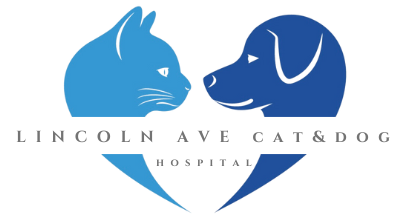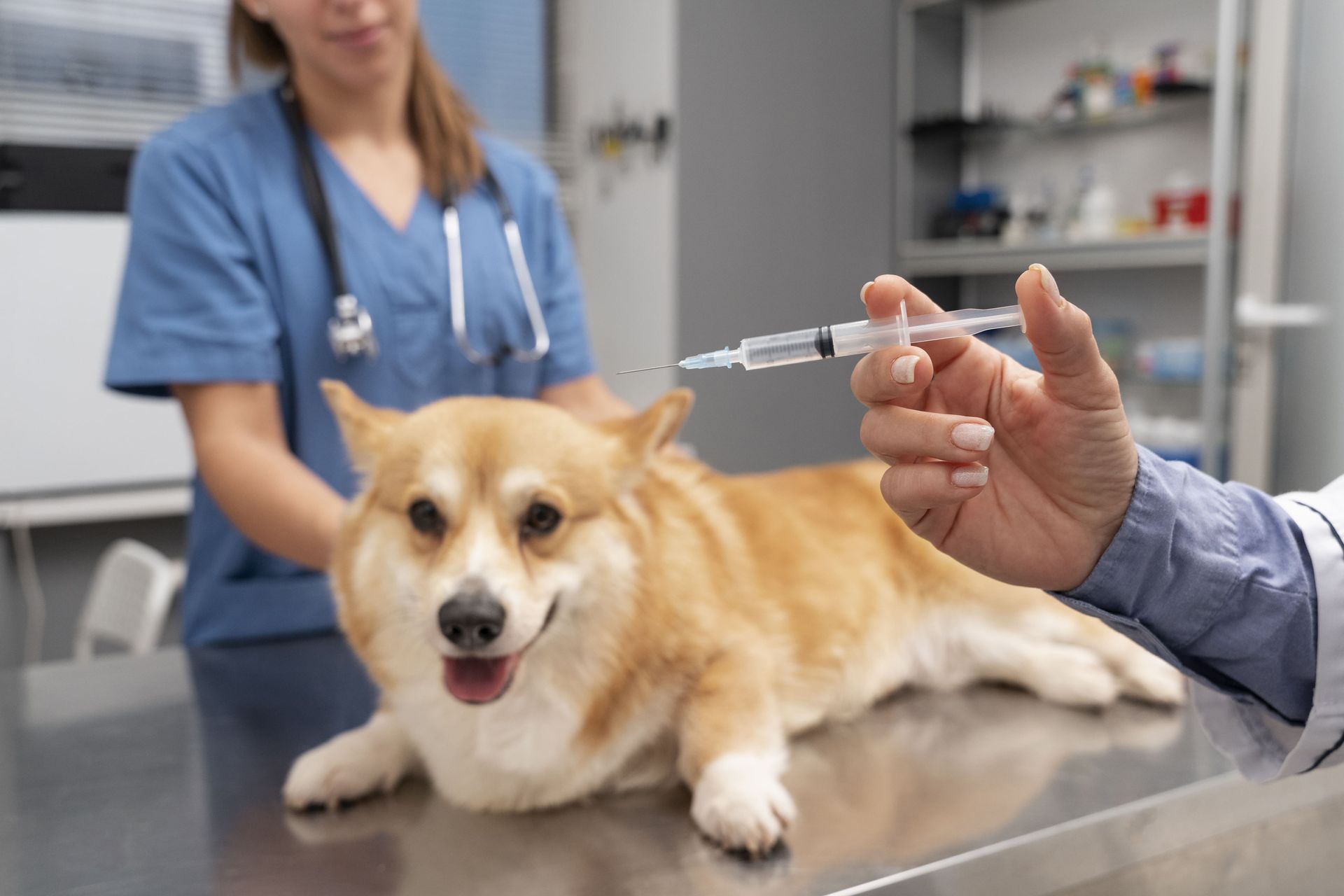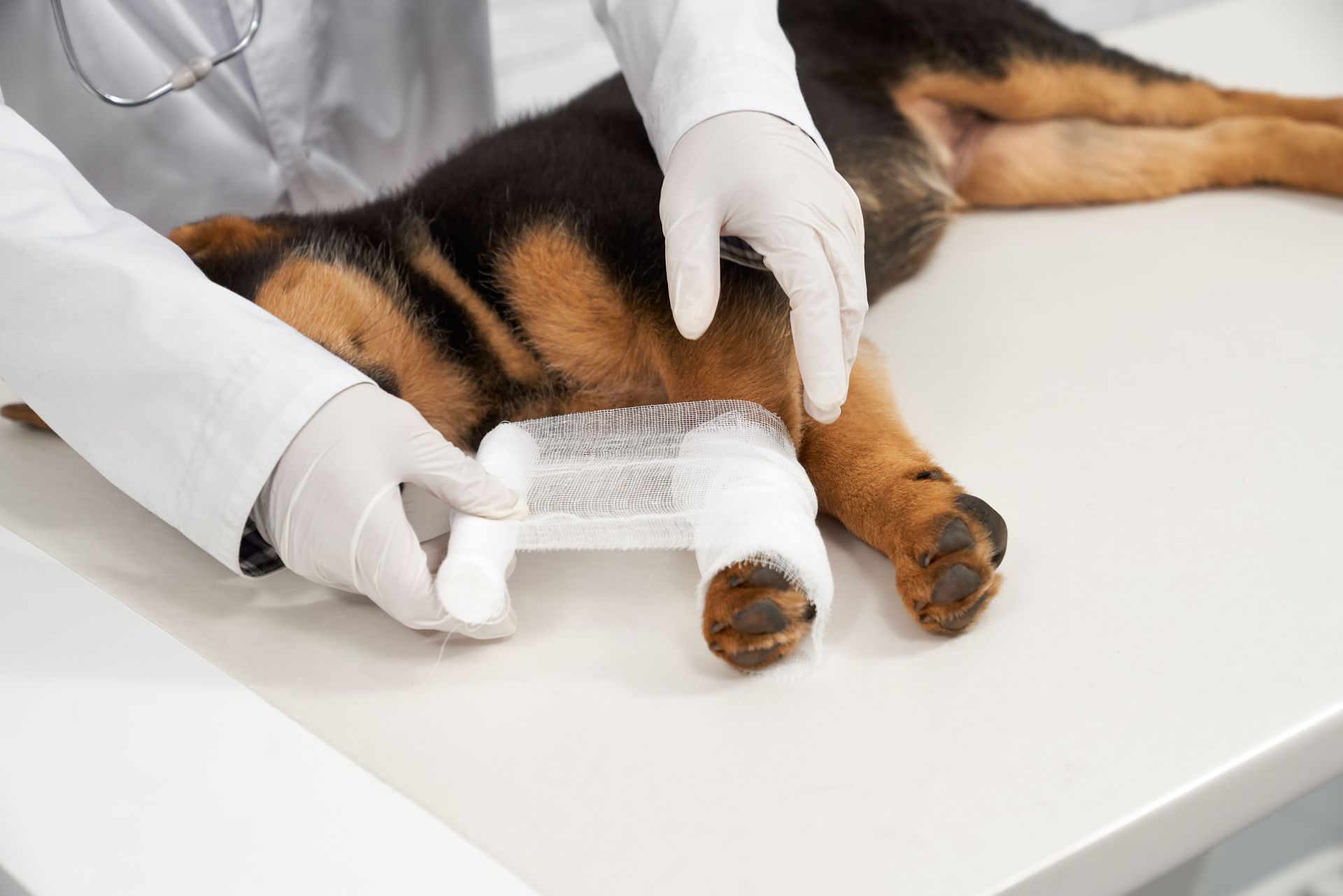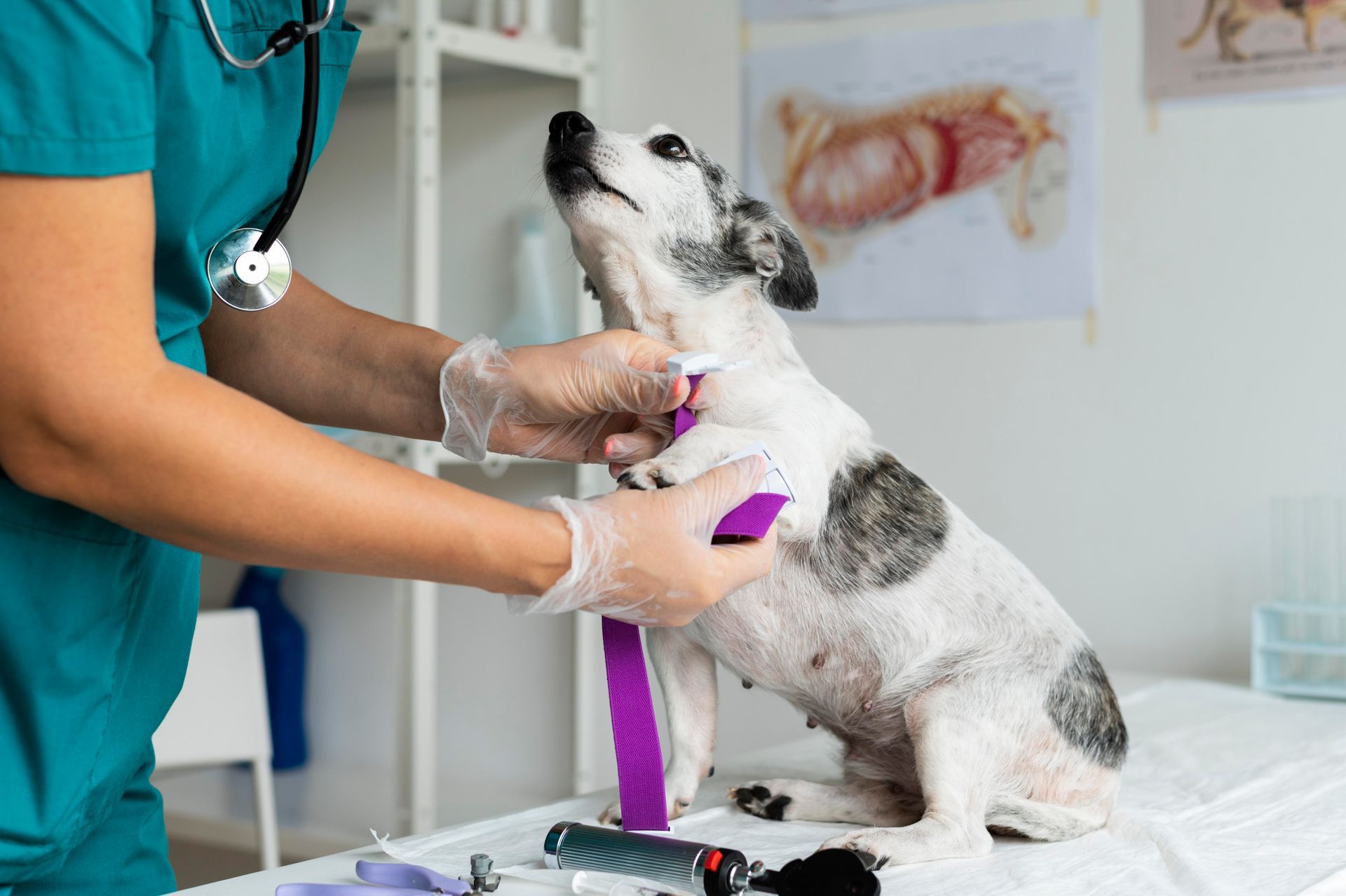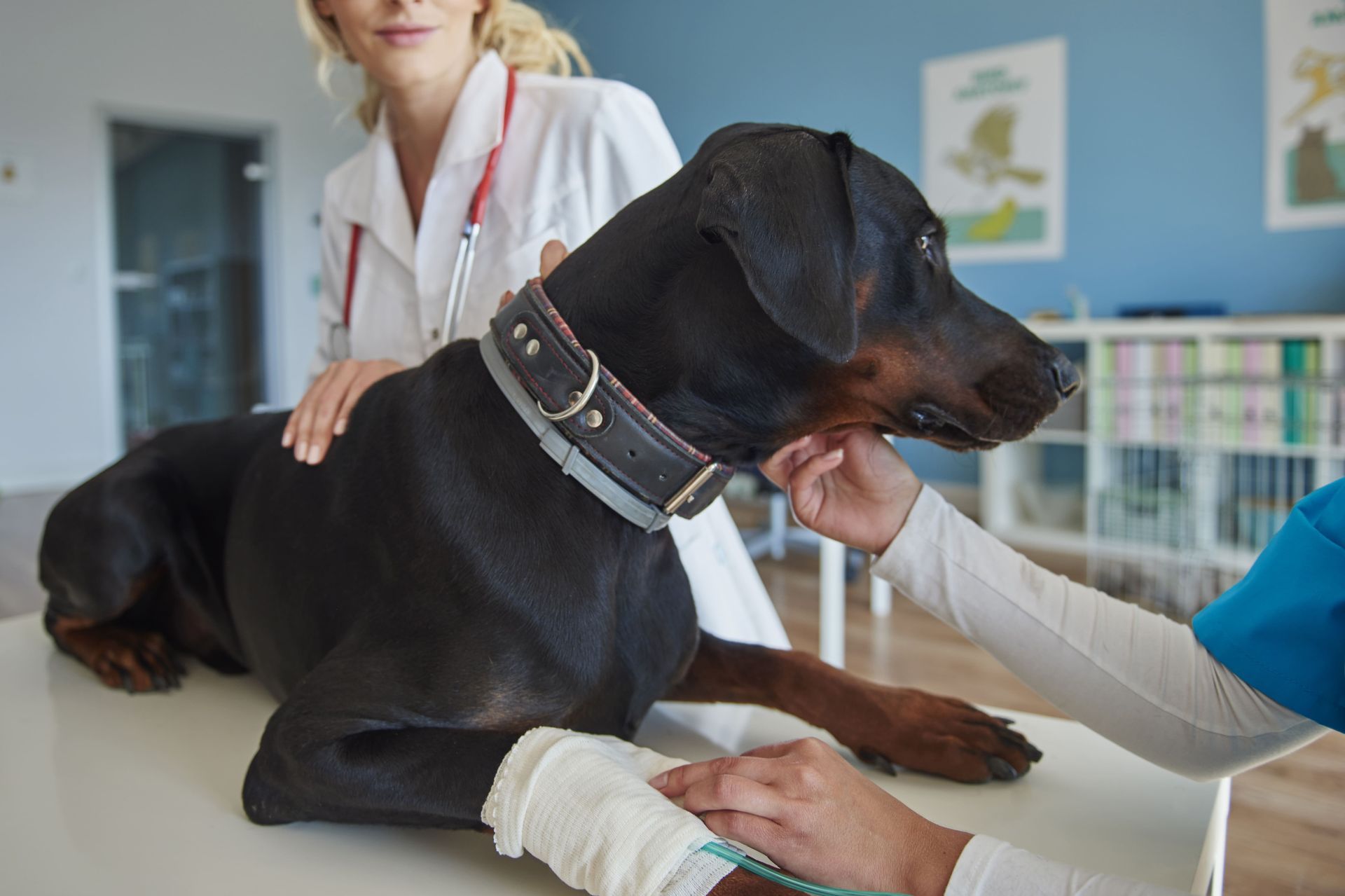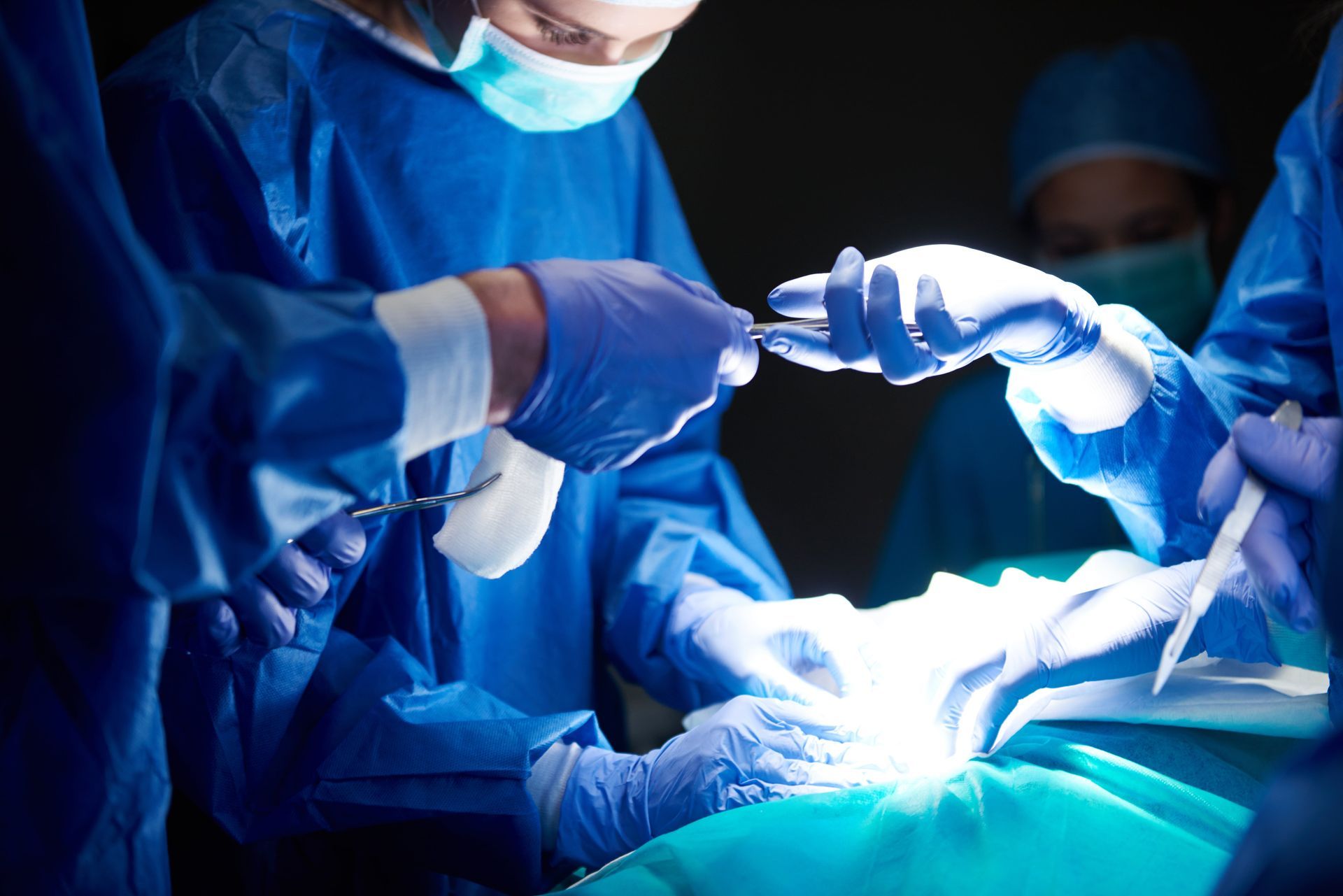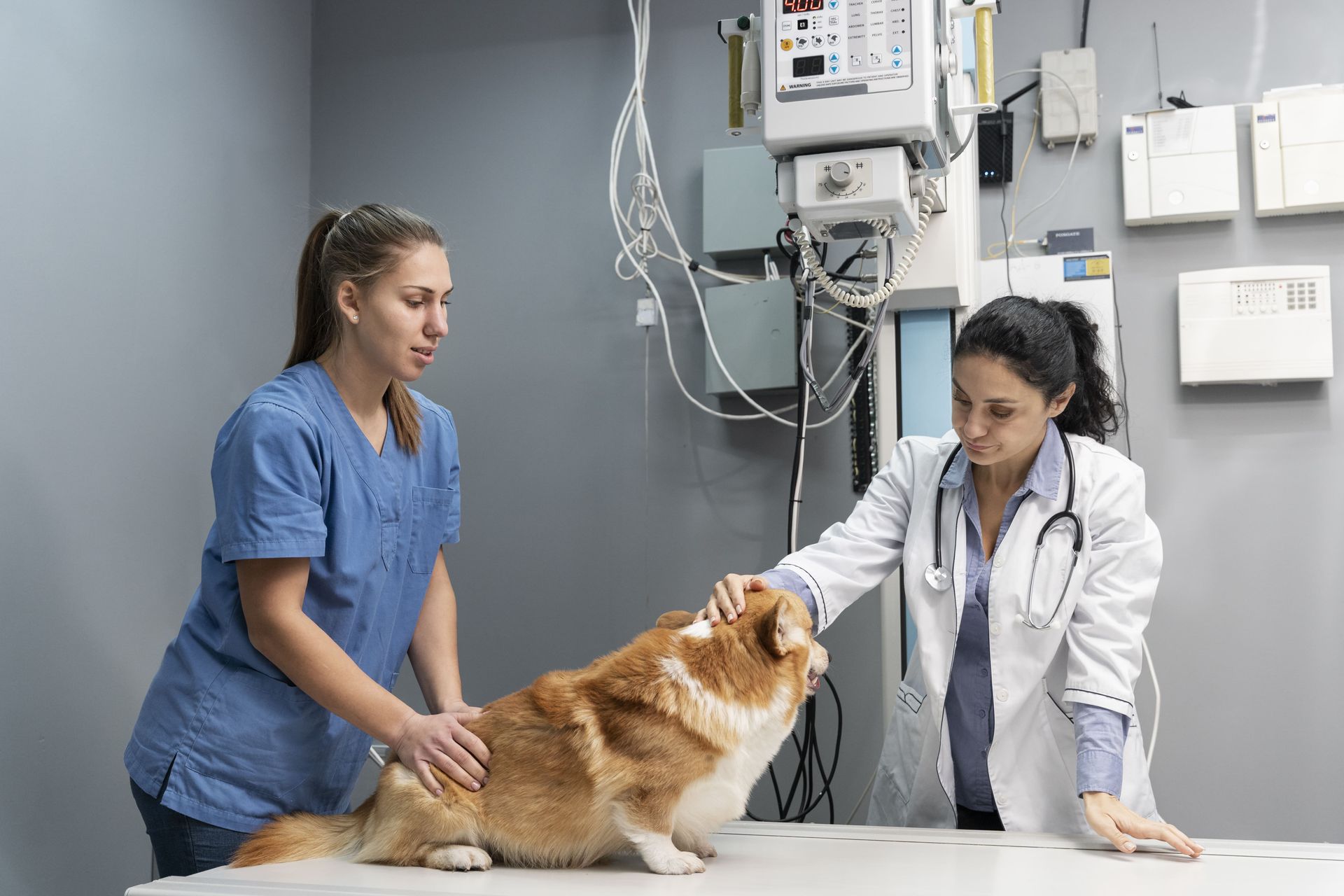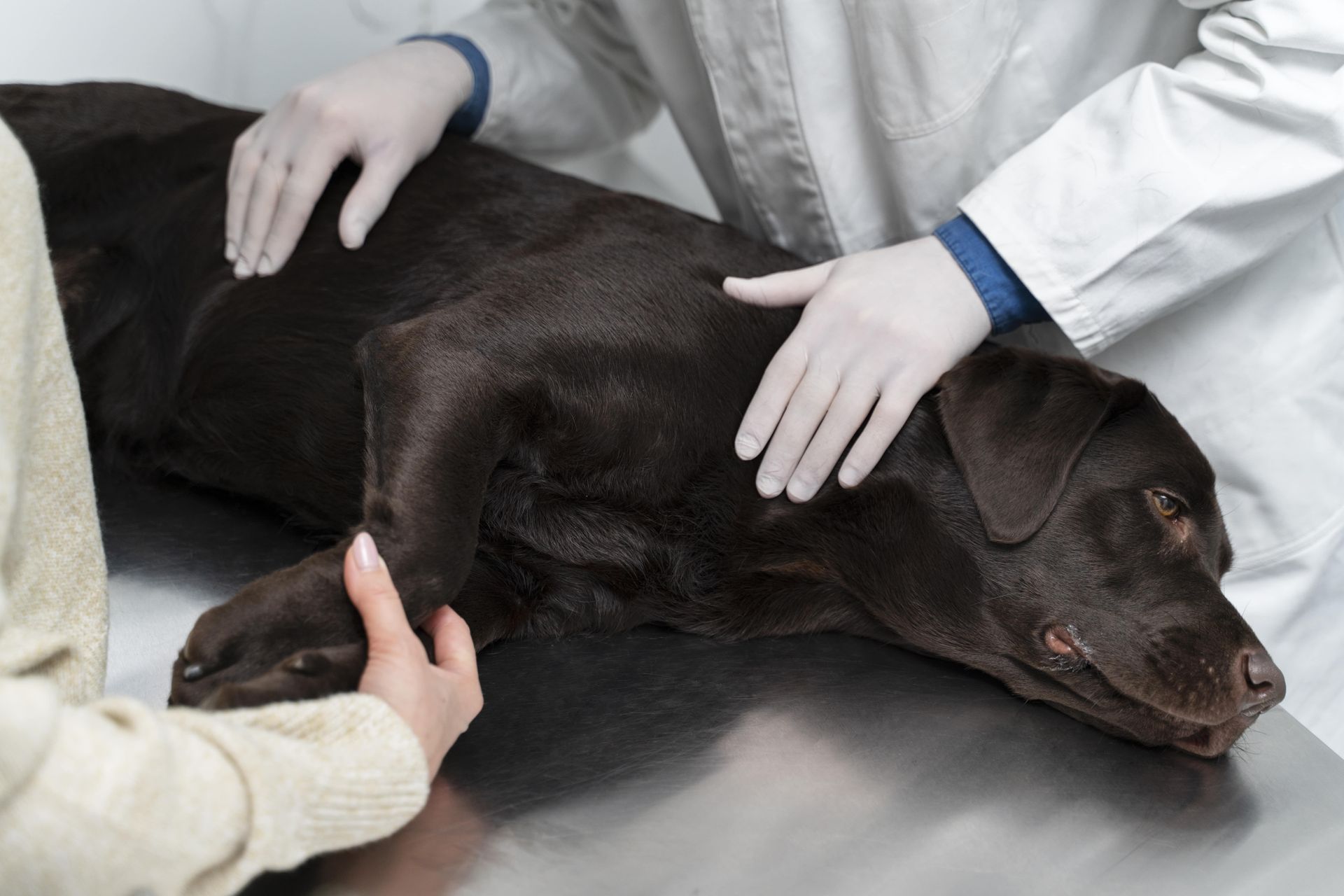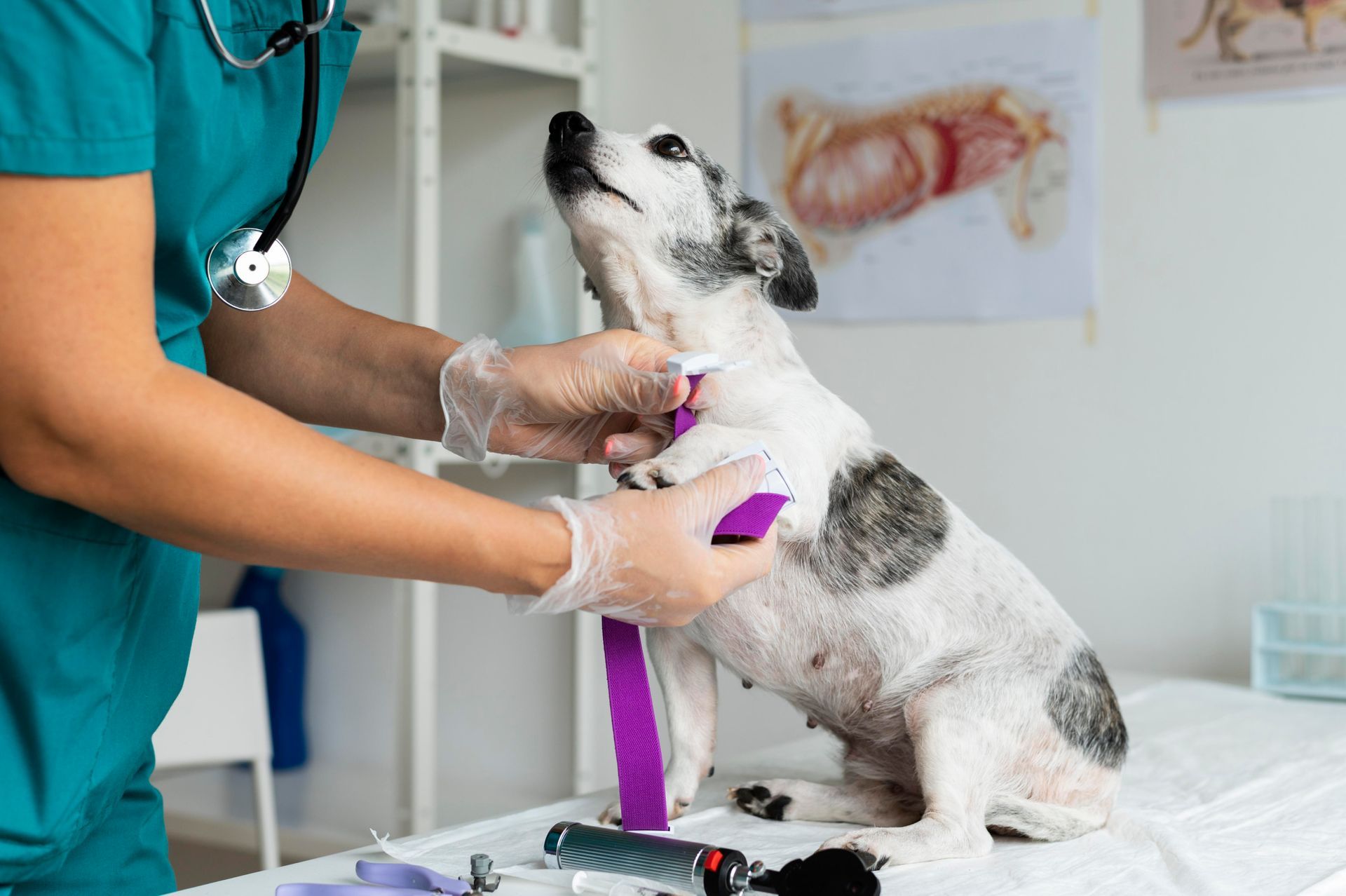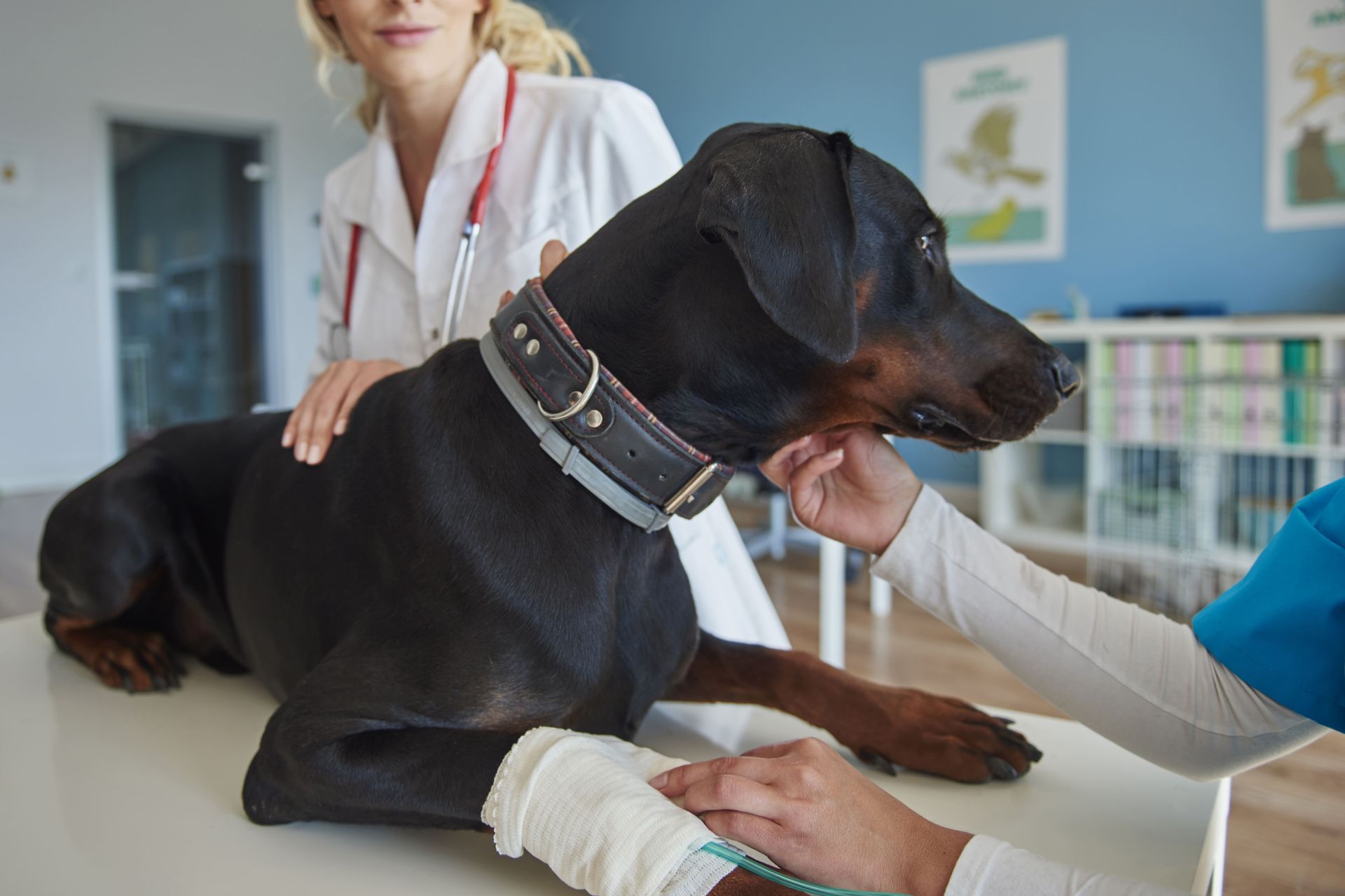10 Tips to Prepare Your Dog for a Successful Canine Surgery Experience
When your furry friend is facing surgery, it's natural to feel a mix of emotions from anxiousness to hope. Preparing both yourself and your dog for the procedure can ease some of this stress and ensure a smoother experience. The following tips will guide you through important steps to take for a successful canine surgery
journey.
1. Understanding the Procedure
Start by gaining a clear understanding of your dog's canine surgery. Ask your vet questions about what the procedure entails, why it is necessary, and what the expected results are. Knowing the details can alleviate some of your worries.
Inquire about the risks and benefits associated with canine surgery. It's essential to weigh these factors to make informed decisions. The more you know, the better you can prepare emotionally and mentally.
Consider seeking a second opinion if you feel uncertain about the necessity or type of surgery. A fresh perspective can provide reassurance and confidence in the chosen course of action.
2. Ensuring Your Dog's Health Is Optimal
Make sure your dog is healthy and ready for canine surgery by keeping up with regular vet check-ups. Ensure vaccinations are up-to-date and discuss any pre-surgery tests your vet recommends.
Implement a balanced diet and regular exercise regimen to keep your dog in prime physical condition. Good health leading up to surgery can significantly aid recovery time.
Work closely with your vet to address any underlying health issues that might affect surgery and recovery. Chronic illnesses, for example, may require special attention and management.
3. Managing Pre-Surgery Anxiety
It's common for both you and your dog to feel anxious before canine surgery. Create a calm environment with familiar toys and comforts, and consider calming supplements if your vet approves.
Routine walks and light exercises might help reduce anxiety. Regular activity can be a great stress reliever, not just for physical health, but for mental well-being too.
4. Adjusting Your Dog's Diet
Follow your vet's advice on feeding your dog the night before canine surgery. Typically, it's recommended to withhold food to prevent any complications with anesthesia.
Consider nutritional adjustments a few days prior to surgery. Your vet might recommend switching to foods that aid in reducing inflammation, thus promoting healing.
5. Gathering Post-Surgery Supplies
Prepare your home for your dog's recovery from Canine Surgery by gathering essentials such as soft bedding, easy-to-eat food, and any prescribed medications.
Invest in a comfortable, supportive harness or leash. Many dogs feel disoriented post-surgery, and these tools provide safety and support during short outdoor breaks.
Create a list of emergency contacts, including your vet's clinic number and an after-hours emergency veterinarian, for peace of mind during recovery.
6. Creating a Comfortable Recovery Space
Designate a quiet and comfortable area in your home where your dog can rest post-surgery. Ensure it's safe from other pets or distractions.
Keep this area climate-controlled to avoid your dog developing a chill or overheating. Comfort and safety should be your primary focus.
7. Understanding Aftercare Instructions
Before leaving the vet, make sure you understand the post-surgery care instructions. This may include wound cleaning, medication administration, and activity restrictions.
Inquire about follow-up appointments to monitor healing. Consistent check-ins with your vet can highlight progress and address any unforeseen complications early on.
8. Recognizing Signs of Complications
Be alert to any signs of complications after canine surgery, such as excessive swelling, bleeding, or lethargy. Contact your vet immediately if anything seems amiss.
Keep track of any unusual behavior or changes in appetite, as these can be subtle indicators that something isn't right and needs vet attention.
9. Helping Your Dog Stay Active
Once your vet gives the all-clear, gently reintroduce activity into your dog’s routine. Short walks or controlled play can aid recovery and dispel energy.
10. Embracing Extra Affection and Attention
Your dog will likely feel more vulnerable after canine surgery. Offer extra affection and attention to help them feel reassured and safe during their recovery.
Spend quality time with your dog through gentle petting sessions or sitting quietly together. This engagement can be immensely soothing for both of you.
Conclusion
Facing Canine Surgery can be an emotional experience, but with the right preparation, knowledge, and care, you can help ensure your dog’s procedure and recovery go as smoothly as possible. By understanding the process, supporting your dog’s health, and following your vet’s advice every step of the way, you’re giving your loyal companion the best chance at a safe recovery and a happy, healthy future together.
